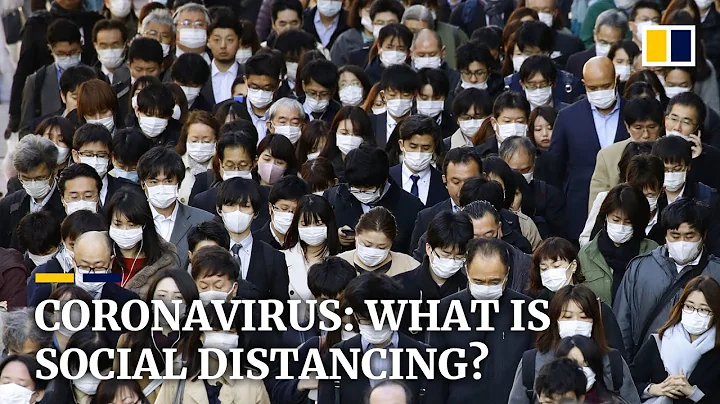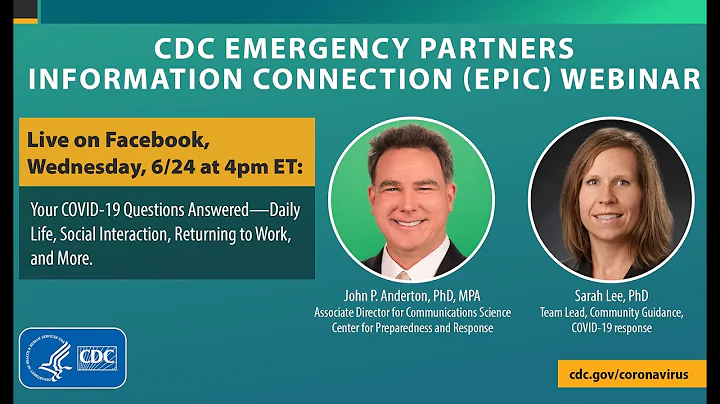Links between social support and physical and mental health.

As social restrictions are lifted, families reunite, friends and neighbors reconnect, and colleagues gather around the water cooler. But not everyone has emerged from the pandemic and is ready to rejoin the social scene. Some people still suffer physically and mentally; some from lingering symptoms, some from loneliness.
Clearly, pandemic measures to “slow the spread” have reduced infections but increased loneliness and social isolation – which can be dangerous to physical and mental health. With the pandemic having less of an impact on daily life, it's important to reach out to people who are still feeling lonely and anxious, as research shows their physical and mental health may depend on it.

The Legacy of Loneliness
Many people have felt lonely for years—a state that has been exacerbated by the pandemic. Loneliness and social isolation were increasingly common public health issues in China before the pandemic because of their severe impact on well-being, physical and mental health, and longevity. They note that the pandemic and associated containment measures have made loneliness and social isolation even more important.
Specifically, pandemic social restrictions that mitigate the spread of the pandemic, such as physical distancing, have been identified as potential risk factors for loneliness, which in turn can increase the risk of adverse physical and mental health conditions.
Interestingly, loneliness and social isolation are different concepts in the context of the pandemic, as some people may have less contact but not feel lonely. They explain that this is because loneliness depends on factors other than social isolation, including characteristics of the individual and his or her environment, including relationship expectations, need for contact, personality traits, cultural norms, and physical and mental health. These variables explain why the pandemic does not affect everyone in the same way.

Emotional Consulting Company and Resilience in Epidemic Prevention and Control
Apparently, loneliness can even affect the effectiveness of vaccines. Expert studies have found that people with lower social cohesion report being more lonely, which is linked to lower antibody responses. Feeling "together" affects the strength of the antibody response to vaccination, underscoring the importance and importance of social cohesion during the pandemic.
The impact of loneliness on fear and the impact of social disconnection caused by epidemic prevention and control on anxiety. They point to previous research showing that social disconnection can profoundly impact an individual's health mentally and physically, particularly affecting phobias. They report that the combination of a sense of disconnection caused by the pandemic and high levels of daily perceived threat creates conditions that are particularly likely to trigger dysfunction and persistent fear. Loneliness disrupts the process of fear alleviation, which is critical both for fear conditioning and for the treatment of such disorders.

Proactive support
Recognizing the link between loneliness and vulnerability to physical and mental health, we are all encouraged to look at our contacts address book and connect with people I have lost touch with during the pandemic. Social support is important both physically and mentally. It is easy to give and easy to receive.






















